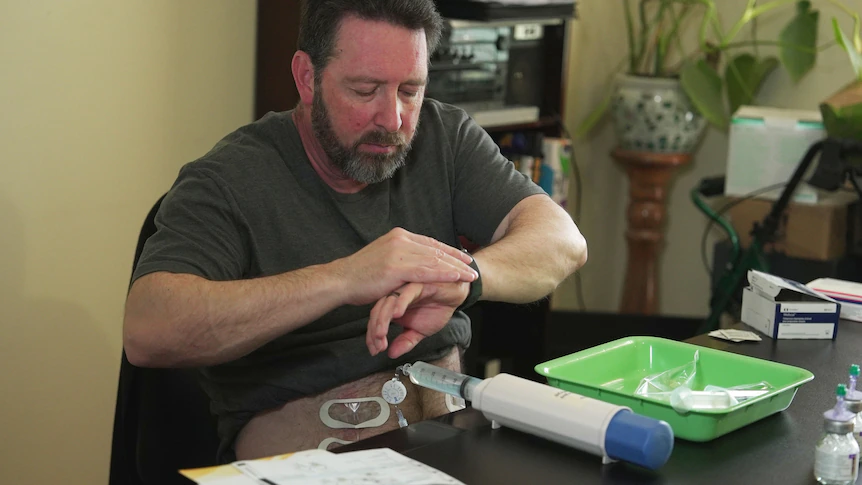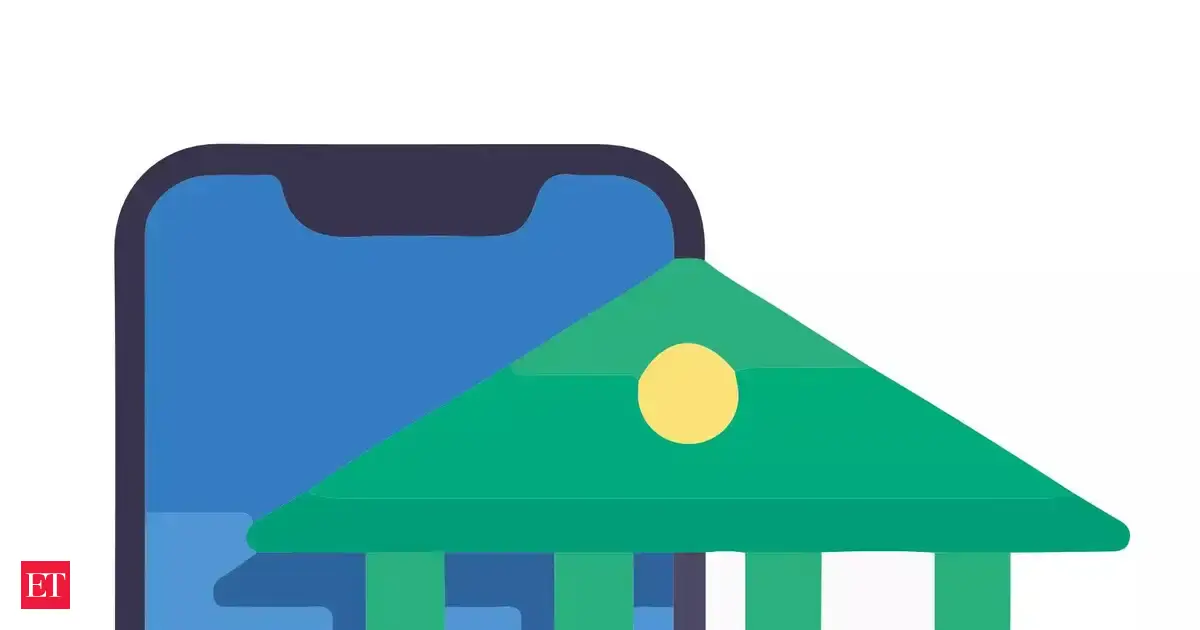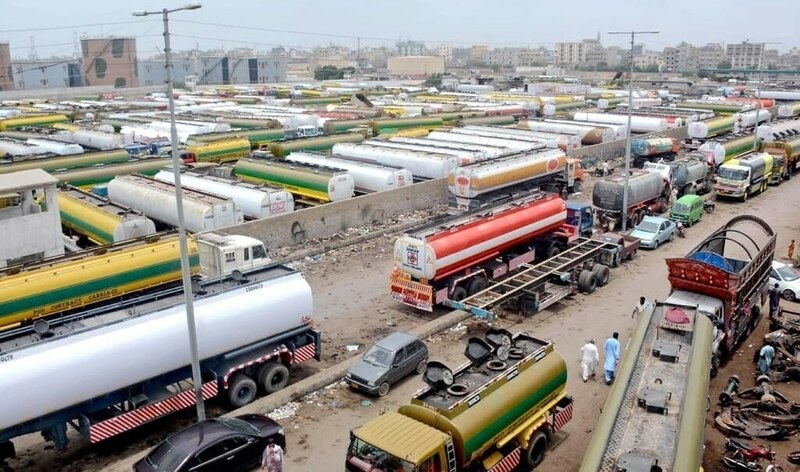By Tom Hartley
Copyright abc

It’s almost the same every week.
Take medication, check dosage, draw into needles, administer drugs.
The only thing that changes in this routine is Chris Nemeth’s disposition.
“A good day is when I can swing my feet out of bed,” he tells 7.30 while preparing the transfusion solution.
“A possible return to this condition is a reality of my vaccine injury.”
Warning: This story contains references to self harm
Chris suffers from a rare and chronic syndrome that causes his autoimmune system to attack the lining of his nerves. He developed the condition after an AstraZeneca vaccination in 2021.
His is a proven vaccine injury.
The weekly self-administered immunoglobin injections prevent his condition from deteriorating, daily medications mitigate his symptoms.
“We are people who in good faith took a vaccination and had an adverse reaction to it. And we were told in the unlikely event that you did have an adverse reaction, you’d be supported,” Chris says.
He is one of almost 5,000 people who sought compensation through the federal government’s COVID-19 Vaccine Claims Scheme. It was established under the Morrison government for the rare instances of adverse or serious reactions.
Launched in December 2021, the health department described it as “a simple and quick administrative process for compensation”, and the minister of the day, Greg Hunt, called it “a safety net to support those affected”.
The scheme closed one year ago, with hundreds of cases still being processed.
Several applicants told 7.30 the process has been anything but — using words like “cruel” and “spiteful” to describe how they have been treated.
They described the policy as “highly complex” and “problematic”.
“It’s like they were waiting for me to either go away because it was too hard, or pass away,” Chris says.
“Whether that be as a result of my condition, or being in a position where you can’t see the end of this process, you don’t know what your future holds … maybe you do something drastic to yourself.
“At one stage I was looking for an update and they said, ‘we’ll update you next week.’ And they gleefully rang me and said, ‘look, we have the update — the update is that there’s no update.’
Chris considers himself “one of the lucky ones” who got to the end of the scheme, but says he remains in “a bureaucratic battle,” with one third of his settlement now subject to a tax bill.
“It took a year to pull all the information together with the support of a lawyer — more than 1,000 pages of medical reports, costs of medication, proof of employment, proof of salary, hospitalisation records, occupational therapist reports, specialist reports — and from the day we submitted it to the day I got an offer of compensation was 498 days,” he says.
“It’s very hard to get my head around any situation where someone has hurt you … and then they get to say, ‘here’s your settlement, but I’m taking a third of it back’.
“I’ve lost a 30-year career, the relationship with my wife and my children has changed, the relationship with my wider family has changed. I’ve lost friends through the process — no amount of money can ever compensate for what I’ve lost.”
‘Complex and problematic’ scheme
From her office in Belgrave, in Melbourne’s outskirts, lawyer Tanya Neilson and her team are assisting more than 150 people across Australia with their claims.
“The policy is highly, highly complex, and it places a really significant evidentiary burden on applicants — meaning they have to prove over and over again that not only have they suffered an injury as a result of a vaccination, but that the injury is ongoing, when it is, and that they require support and care and medication and that they cannot work.”
To successfully receive compensation, an applicant must pass four rounds of scrutiny, from having an acknowledged adverse reaction to external and internal medical and legal reviews.
“There is no external right of review,” Ms Neilson says.
“So if you receive a decision that is incorrect or you don’t agree with it, you only have one right of internal review with the scheme. You cannot then have that reviewed externally by a court or by an independent arbiter.”
Of the 4,962 claims received up to the cut-off last September, 522 have been approved, resulting in more than $40 million in payouts.
However 2,482 claims have been denied, with 1,045 withdrawn and 722 remaining unresolved.
Services Australia acknowledged that the process is complicated.
“COVID-19 Vaccine Claims Scheme applications are often complex to assess. Each claim requires careful consideration of the provided medical evidence by our staff, who are trained to assess the evidence against the scheme’s eligibility rules,” General Manager Hank Jongen told 7.30 via a statement.
“It’s important to remember we can only grant claims made through the scheme in line with criteria set down in policy and legislation.”
Ms Nielson believes the delays are too long.
“For my clients, the wait is often two or three years before a decision is made,” Ms Neilson says.
“For people who are suffering harm, that’s really, really problematic.”
Kathleen has lost everything
Approaching her mid-50s, Kathleen Kelly’s life is nothing like what she expected.
In the past two-and-a-half years, the once-successful florist has had nine heart surgeries, one bowel procedure and one vascular operation, almost two dozen hospital stays, and suffers multiple debilitating complications after receiving two doses of the Pfizer vaccine.
She says the questioning of her claims and condition is incessant.
“You start to feel crazy. This scheme feels like it’s never-ending. The questions just don’t stop,” Ms Kelly tells 7.30.
“I never wanted to get vaccinated — by no means was I an anti-vaxxer, I’ve had flu vaccines in the past and they were fine — but I had several allergies and was worried what might happen.
As a business owner in Victoria, Kathleen had to be vaccinated to continue working.
Between hospital trips, specialist appointments, and in the shadow of the “heartbreaking” decision to close her store, Kathleen gathered the stringent information required for a compensation claim and submitted her application in February 2023.
She is still being asked to provide more information.
“I never thought when I first went down that track that I would still be waiting two-and-a-half years later,” she says.
Through tears, Kathleen explains the emotional and financial toll it has taken on her.
“I’m broke, I’ve lost everything,” she says.
“I shouldn’t be wondering if I’m going to be able to pay my rent next month. I’m 54 years of age, I’ve worked my whole life. I had a great, great business. I should not be in this position.
“The last meeting I had with my cardiologist, we talked about this new medication for my treatment, and I asked what happens if it doesn’t work. He was honest and he said, ‘I don’t know’.
Albanese, Butler face scrutiny
In a letter of complaint to Health Minister Mark Butler and Prime Minister Anthony Albanese, Ms Neilson outlined several perceived shortfalls of the claims scheme.
She received a response two weeks ago, from a policy official on behalf of the minister.
With the letter in hand, and disappointment in her voice, Ms Neilson reads one of the last lines aloud.
“With the scheme having closed, changes to the scheme policy are not under consideration,” she reads before reacting to the response.
“It’s just terrible for those who have suffered harm and who are waiting and have no other right of obtaining compensation,” she says.
“I think to have confidence in vaccines, the Australian population needs to see a robust, appropriate compensation system that legitimately supports people who have suffered harm and require support.
“It’s a tragedy for Australians and it’s something that I’ll keep calling on the federal government to rectify.”
The closure of the claims scheme is an ongoing source of frustration for Rado Faletic, Naomi Smith and Michelle Grace Hunder. The trio founded Coverse — a volunteer-run charity for vaccine-injured Australians.
“We continue to get emails from people who found out too late that there was a compensation scheme, and it’s heartbreaking to have to tell these people ‘it’s a bit late for that’ even if you did qualify for it,” Ms Smith says.
“That’s not just the current government, that was the previous government as well.
“We’ve been in Senate inquiries, we’ve written every public submission possible.
“It’s absolutely devastating — the toll this has taken on people and the unfairness of it all.”
Mr Butler declined an interview.
7.30 received a statement from a spokesperson for the Department of Health, Disability and Ageing which said a feasibility study of a no-fault vaccine compensation scheme for National Immunisation Program vaccines is being considered “as a priority”.
“It is expected the feasibility study will include consideration of the COVID-19 Vaccine Claims Scheme, as well as a review of relevant international vaccine compensation schemes and other Australian indemnity and compensation schemes,” the statement says.
“The department expects to provide advice from the feasibility study to government in the first half of 2026.
“The undertaking of this study should not be seen to pre-empt any decisions of government on the establishment of a no-fault compensation scheme or the feasibility of a scheme in the Australian context.”
Chris wants the government and respective ministers involved in the scheme take their issues more seriously.
Kathleen suggests they “listen to the people who are sick”.
Watch 7.30, Mondays to Thursdays 7:30pm on ABC iview and ABC TV



